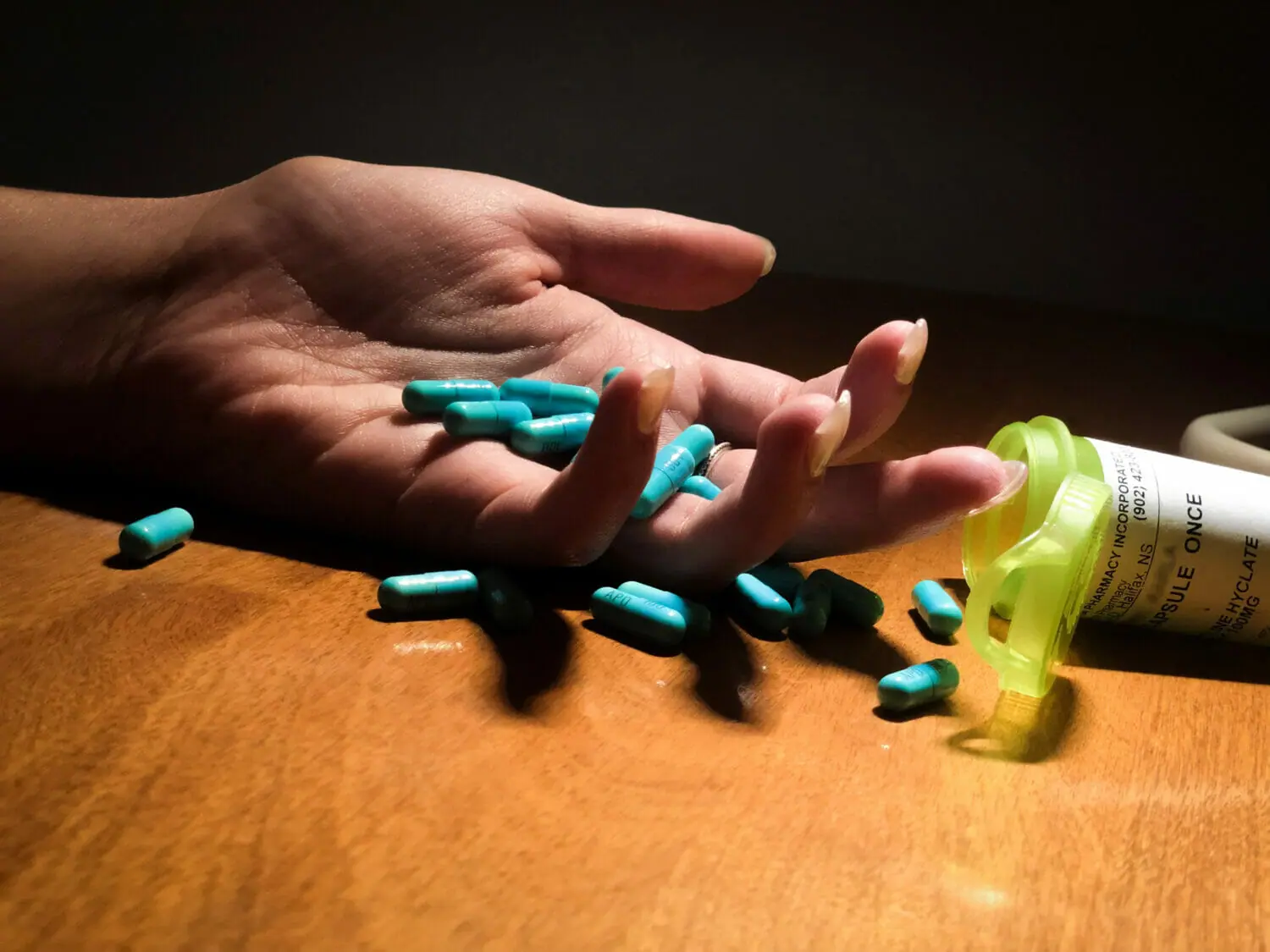Editor’s note: This article discusses drug abuse, the opioid crisis and overdose.
A national report released in June states that 4,460 deaths occurred in 2018 due to opioids. In Canada, 20 per cent of accidental opioid-related deaths (most commonly accidental overdose) happened to people aged 20 to 29. In Nova Scotia, this number was higher at 25 per cent for the same age group.
“Young Canadians aged 15 to 24 are the fastest-growing population requiring hospital care from opioid overdoses,” according to the report.
The Canadian Mental Health Association’s (CMHA) launched the Carry-It Toolkit on Aug. 31, just before the start of a new school year. It is an online resource designed to inform campus faculty, nurses and students on how to respond to an overdose situation safely.
“If you care, we ask you to carry it,” reads the slogan for the Carry-It Toolkit.
Sara Rodrigues, National Senior Research and Policy Analyst at the CMHA, said there is an increase in Canadian campuses taking the opioid crisis seriously. According to the campaign’s press release, 81 per cent of Canadians have witnessed drug use on campus, but more than half would not know how to respond.
The online kit includes, among others, a 101 on opioids and naloxone, a campus protocol, guides on safe drug use and facts about opioid myths.
Naloxone is one of the main focuses of the campaign. In Canada, it comes in two forms: nasal spray (Narcan) and an injectable. According to the toolkit, it is a temporary antidote to an overdose crisis that can be administered with the proper training.
“Naloxone is an essential part of your First Aid Kit,” the toolkit says. “It will save lives.”
The toolkit contains a detailed approach to administering naloxone to an individual in crisis. It also contains a protocol template that helps facilities design effective ways to incorporate education on identifying and responding to an overdose into a campus community.
Overdose response on campus
Rodrigues said CMHA saw a need for campuses to have access to a resource with recommendation for a formal campus protocol, “especially something that involved the entire campus community in overdose [prevention] and response … [One that] supports broader education and access to the naloxone kits,” she said.
At Dalhousie University, naloxone administration training is not a mandatory requirement of coaching all resident assistants (RAs). However, senior residence assistant Hannah Parks said there is an increase in both students and RAs being trained to administer naloxone this year.
“A lot of us now carry our own […] but I definitely think a larger student population having the training would be beneficial,” said Parks.
Rodrigues said that an issue faced by the CMHA during their research for the Carry-It Toolkit, the lack of data on campus overdoses. Many overdoses and related incidences go unreported to campuses and campus security. The main reason for, she explained, is a student’s fear of reprisal.
Parks said “it is sad to see when [students] don’t get the support they feel like they need. Sometimes that can just be a communication barrier or a lack of staff.” She also said many people are in support of increasing funding for mental health services on campus.
According to CMHA reports, the organization recommends that university faculty is trained to recognize signs of mental illness, including risks of drug abuse. The report also suggests incorporating antidote administration training, as well as spreading the word about Carry-It to students.
Naloxone is available over the counter at most pharmacies and free of charge to anyone at risk (including friends and family). It is also free for individuals that are most likely to witness and respond to an opioid overdose. A complete list of Nova Scotian pharmacies participating in the Take Home Naloxone Program can be found on nsnaloxone.com
If you or anyone you know is at risk of an opioid overdose, you can refer to the Opioid Treatment and Recovery Program by calling 902-893-4776.



Recent Comments